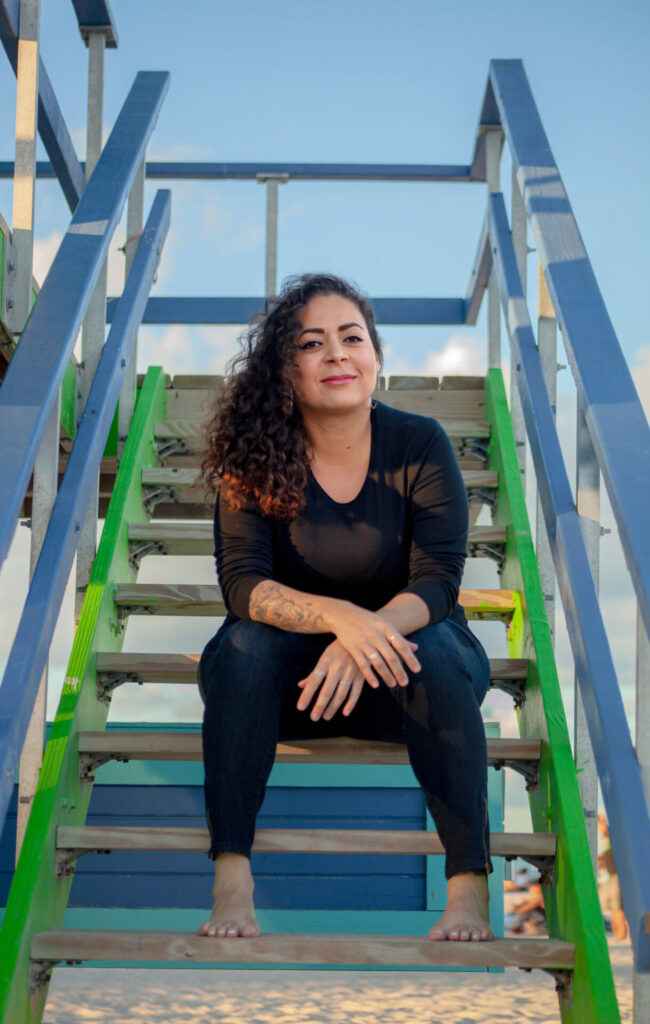Growing up as a woman of color Diaz was faced with varying forms of oppression from society and her own family, as was seen in the first section of the reading. The second reading began to explore her experiences with violence as a woman and how these experiences made her feel powerless. As Diaz was growing up in an unstable, violent environment she began to take back control with her fists, “just itching for a fight, begging for it…all those years of beat-downs barreling against me” (Diaz 116). Through the years of fighting with her brother and being slapped around by her mother, the anger began to build up and during late middle school, early high school, Diaz began fighting as a way to express her power. This can be seen when J.R. was antagonizing her in the hallway, “I was not and would never be, the kind of person who got bullied or made fun of…” (page 127). Diaz knew that she could not control her mother’s actions, but in that moment of powerlessness, she showed J.R. her power through violence.
Diaz’s therapist tried to help by explaining that control could not be conquered in all parts of her life, but certain actions, smoking, and skipping, for example, could be controlled on her part. The lack of control that was felt in Diaz’s life was due to the instability of her mother. She describes her and her sister sleeping fully dressed in case an incident occurred. Diaz also feared her mother, “my greatest fear, the thing that scared me the most in the world, was my mother” (Diaz 89). She feared her mother’s sudden outbursts, her violence, the embarrassment of her asking her friends for money, but more than anything else, she feared being like her mother. Going from her father’s house where she was constantly in fistfights with her brother to her mother’s house where she was constantly on edge ultimately left Diaz looking for a way to exert power and gain control and she found this through fighting.

Díaz, J. (2020, June 25). America is in crisis. that’s not new for many of Us. Time. Retrieved November 2, 2021, from https://time.com/5859204/america-in-crisis/.
Díaz, J. (2020). Ordinary Girls: A Memoir. Algonquin Books.



